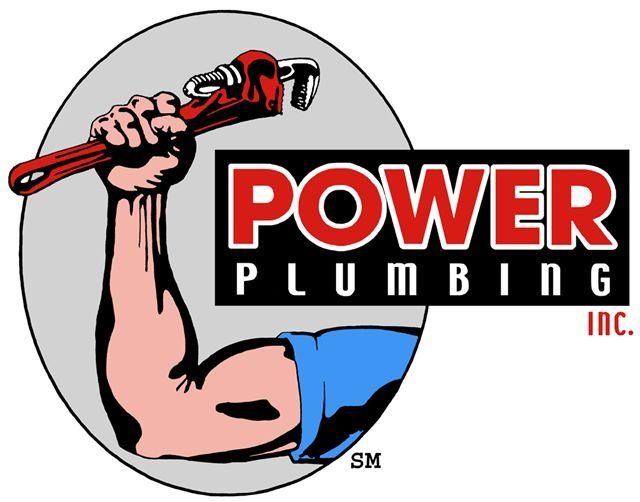Do You Need an Expansion Tank for Your Water Heater?

Have you moved into a home that has a closed-system water heater? A closed system requires different components, like an expansion tank, than open systems. Take a look at how these systems differ and how an expansion tank can help.
What's the Difference Between Closed- and Open-System Water Heaters?
When water is heated, it experiences thermal expansion, in that its volume increases and the water pressure increases. Of course, this additional pressure needs to go somewhere. When your water pressure increases in an open system, the water will freely go from its storage tank to the cold water supply line and then finally to your municipal water supply.
In a closed system, there are lots of different valves - like the check valve, shut-off valve, etc. -which prevent water back up. Your community might even require these types of valves per local building codes. Because closed-system water heaters prevent the back-flow that runs between your house and the municipal water supply, this can cause a rise in water pressure that needs to go somewhere - like an expansion tank.
How Do Expansion Tanks Help?
An expansion tank can attach to your water heater. If you have more than one water heater, you should have a tank for each unit. Expansion tanks provide a place for water to drain when thermal expansion causes excess pressure.
If you don't want a tank above the water heater, you could invest in expansion valves and discharges which provide the same benefit of distributing excess water. Instead of distributing the water to a specified tank, expansion valves can turn an existing plumbing element, like a toilet bowl, into an expansion tank to gather excess water.
Whatever the method, if you don't have a designated area for excess water, then intense water pressure could cause pipes and even the water heater to burst. This can be dangerous and cause a lot of expensive water damage and reinstallation costs. Your manufacturer's warranty may not cover such damages.
Even if a water heater tank doesn't burst from thermal expansion, you still run the risk that the pressure could constrict a flue tube. Flues need to be clear so that combustion gases and carbon monoxide don't permeate your home.
Do You Need an Expansion Tank Even If You Don't Have a Closed System?
You may be wondering if you need an expansion tank if you have a tankless water heater. You don't usually need to have a tank for these types of water heaters since they only heat up water on demand. They don't continually store hot water, so pressure isn't able to build up.
However, you may need to have an expansion tank if your open-water system turns into a closed system. How does this happen? If you have added water softeners, water meters, or check valves to your home, then your open system could now be considered a closed system since it prevents back-flow. In these types of cases, you'd need an expansion tank to relieve water pressure. A plumber can clarify which type of system you have if you are unsure.
Since Closed Systems Need Expansion Tanks, Are Open Systems Better?
No; every type of water heater will have its pros and cons. While you may not want to pay extra installation costs for an expansion tank, there are some beneficial scenarios of turning an open-water system to a closed system. For example, if you don't want to pay sewage fees for irrigation and/or water that doesn't need to be processed for drinking, you could add another water meter so that you only have to pay sewer fees for indoor water usage.
Reach out to Power Plumbing Inc. for more information on expansion tanks and different types of water heating systems.






